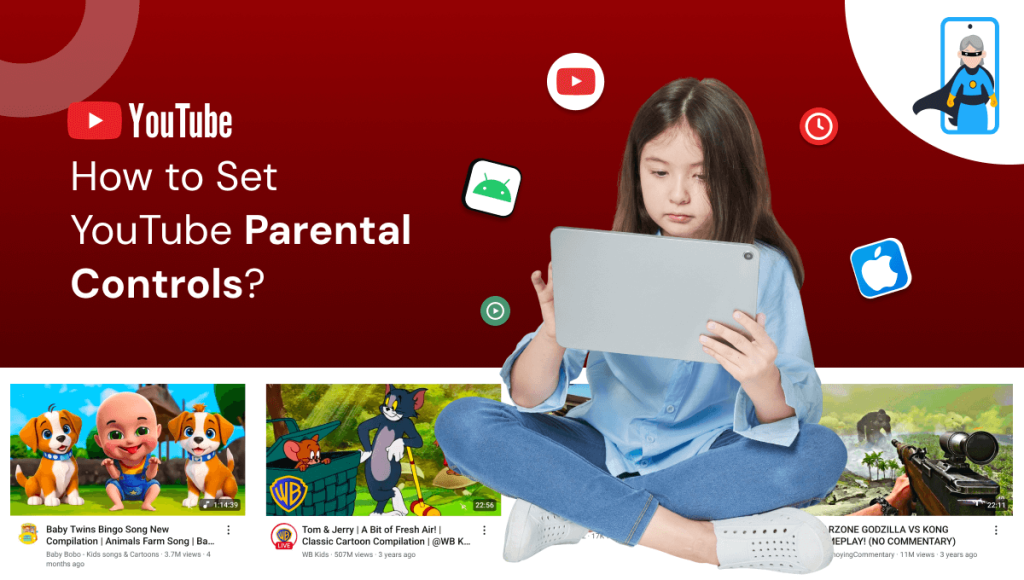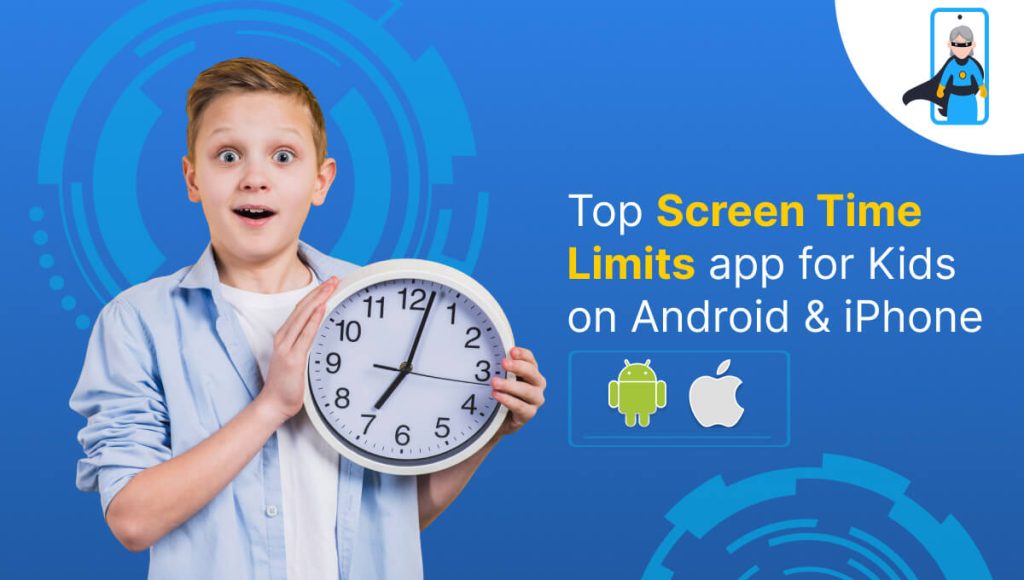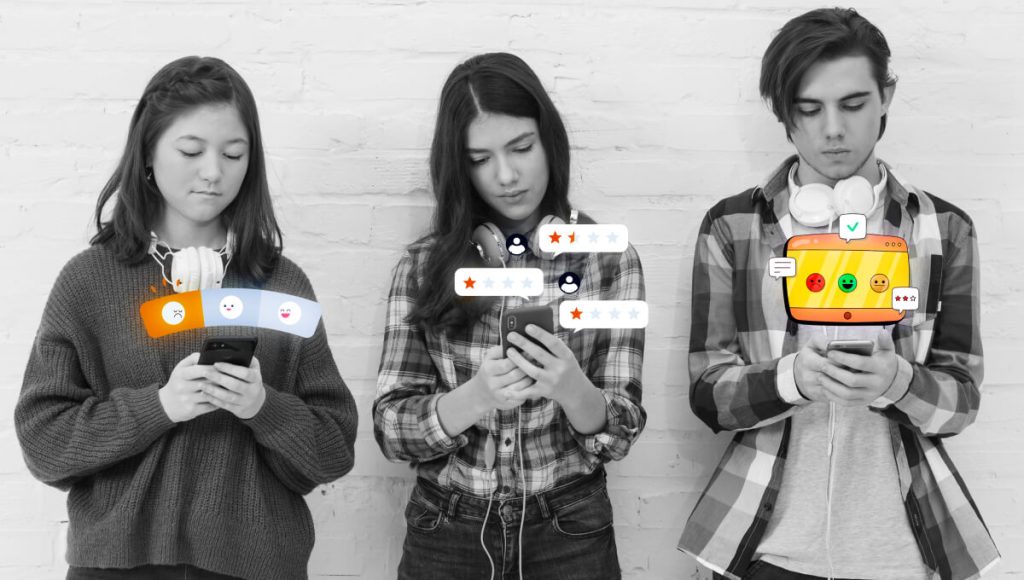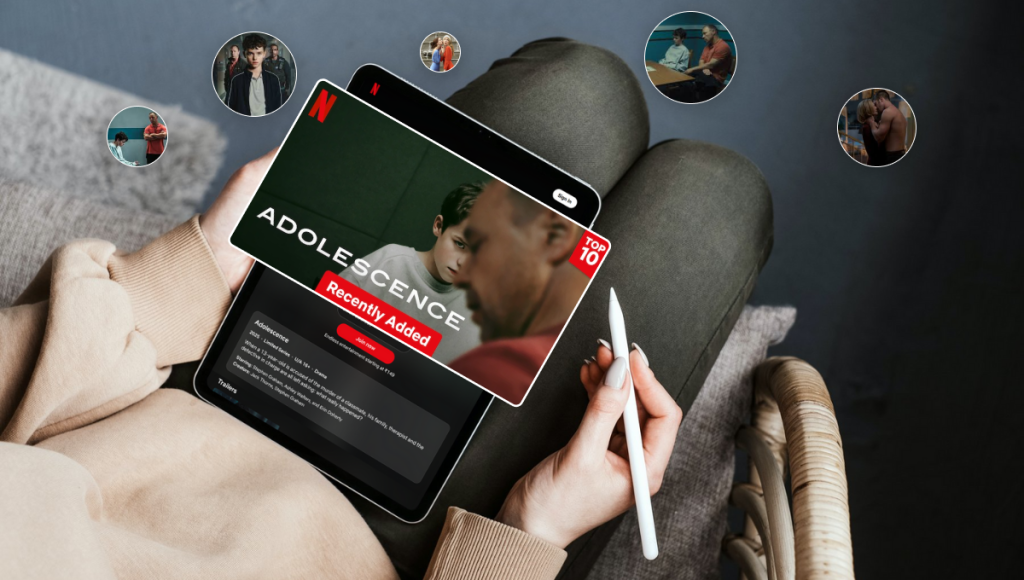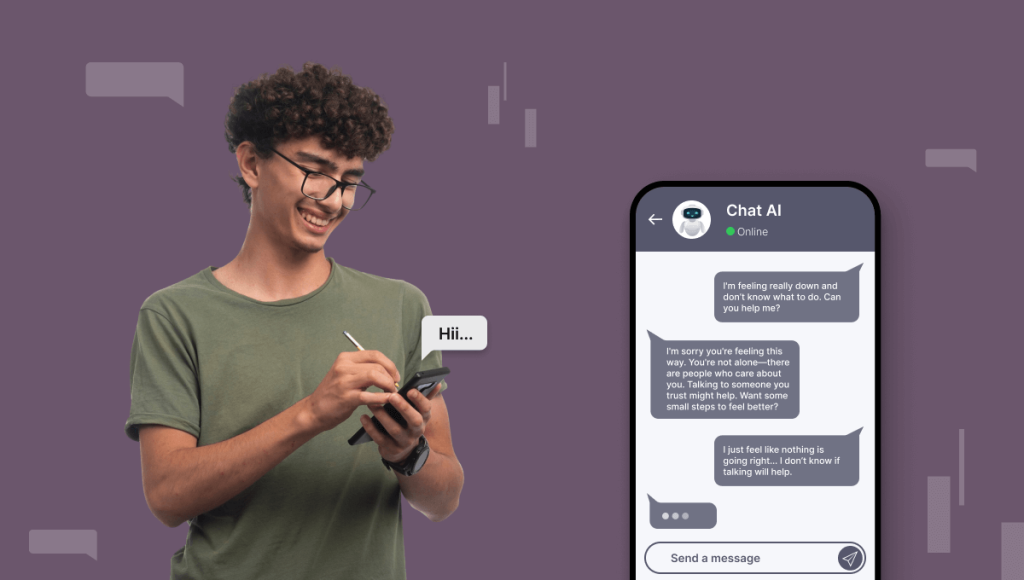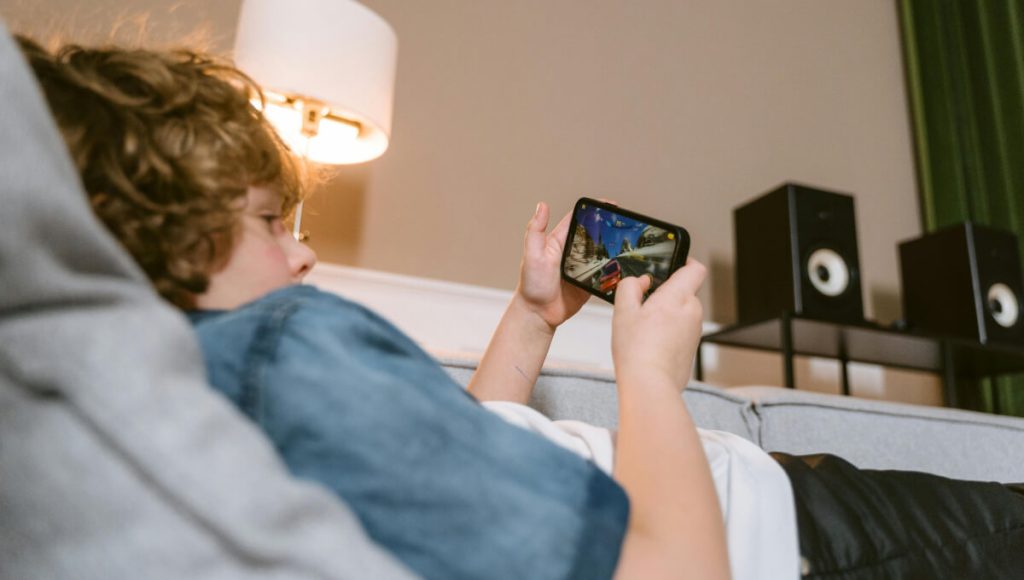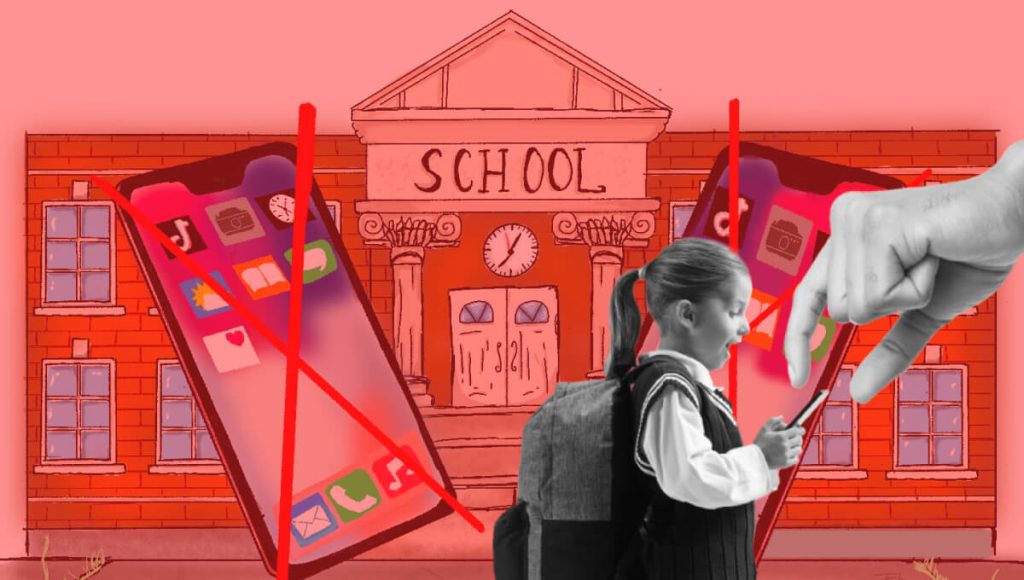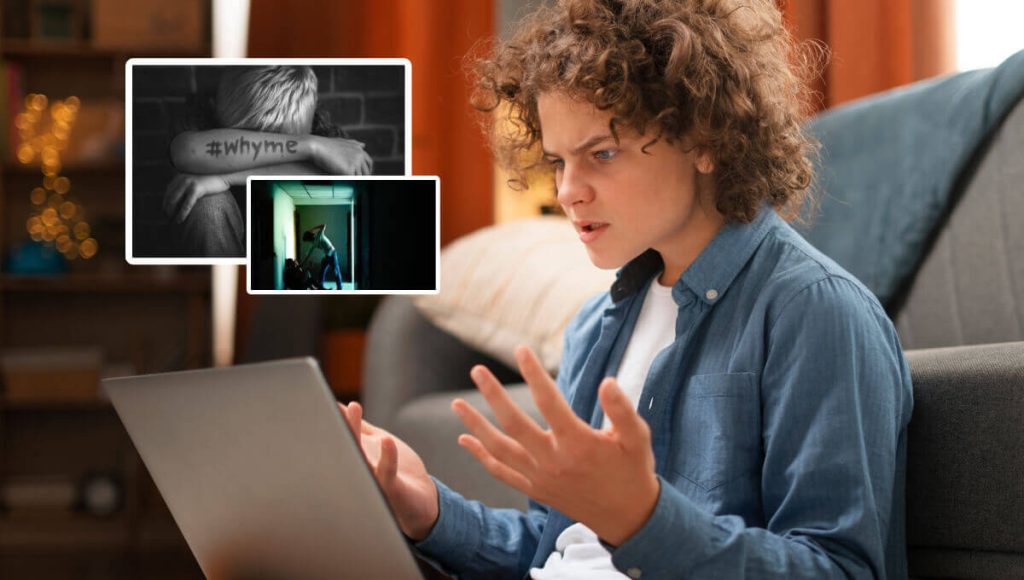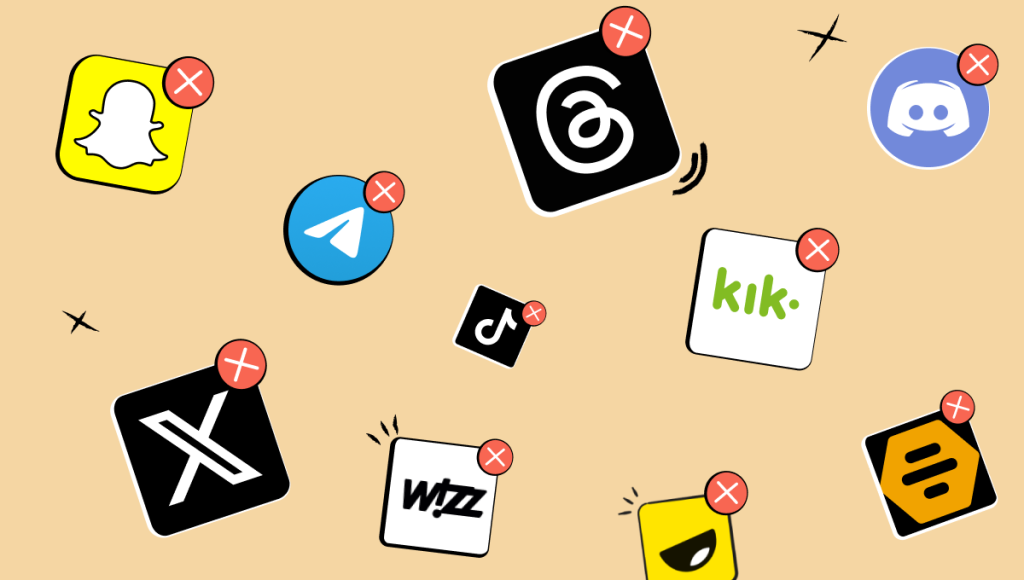
As a parent, it can be tough to keep up with every app your child might be using. Some apps look harmless on the surface but were actually created for adult use, with unsafe features, mature content, and zero filters to protect young users. Even more concerning? Many of these apps are popular among teens and even preteens.
If you’re wondering which apps to block right now, here’s a breakdown of some of the most dangerous adult-focused social media platforms that kids should not have access to — and what makes them risky.
1. Kik – Unfiltered Messaging with Strangers
Kik is a messaging app that allows anyone to chat in private or group conversations — often anonymously. It’s known for a lack of content moderation, which means kids can be exposed to explicit messages, harmful content, or even predators. Many users are strangers, and the app doesn’t require real verification.
Why it’s not for kids:
- No way to monitor private chats
- Exposure to explicit, harmful content
- Risk of communication with anonymous strangers, increasing the likelihood of cyberbullying or predation
2. Bumble – Dating App Misused by Teens
Bumble is a dating app designed for adults seeking romantic relationships. But underage users often lie about their age to create profiles and chat with strangers. This opens the door to risky conversations, inappropriate interactions, and potential exploitation.
Why it’s not for kids:
- Dating platform designed for adults, not suitable for children
- Exposure to inappropriate romantic or sexual content
- Increased risk of exploitation or inappropriate conversations with adults
3. Wizz – “Friend-Finder” or Just Another Risky Chat App?
Wizz markets itself as a social app to meet new people, but it functions like a dating platform, allowing users to swipe through profiles and start private chats. The focus on location-based discovery means kids might connect with strangers nearby — with very little moderation.
Why it’s not for kids:
- Location-based matching could lead to meeting strangers nearby
- Lack of content filtering or safety features
- Exposure to inappropriate or potentially harmful individuals
4. Yubo – Live Streams with Zero Boundaries
Yubo combines social networking and live video, letting users stream and chat in real time. Unfortunately, the app has a history of inappropriate content, adult conversations, and a lack of age verification. It’s often referred to as a “Tinder for teens.”
Why it’s not for kids:
- Exposure to live-streamed inappropriate or adult content
- No strict age verification to ensure appropriate interactions
- Potential for interaction with predators or strangers with ill intent
5. Snapchat – Disappearing Messages, Permanent Risks
Snapchat signature feature — messages and photos that disappear — gives kids a false sense of safety. In reality, this makes it easier for cyberbullying, sexting, and predator communication to go unnoticed. Its location-sharing feature, “Snap Map,” adds even more risk.
Why it’s not for kids:
- No way to monitor private snaps
- Exposure to inappropriate content through Discover
- Risk of sextortion and unsafe online challenges
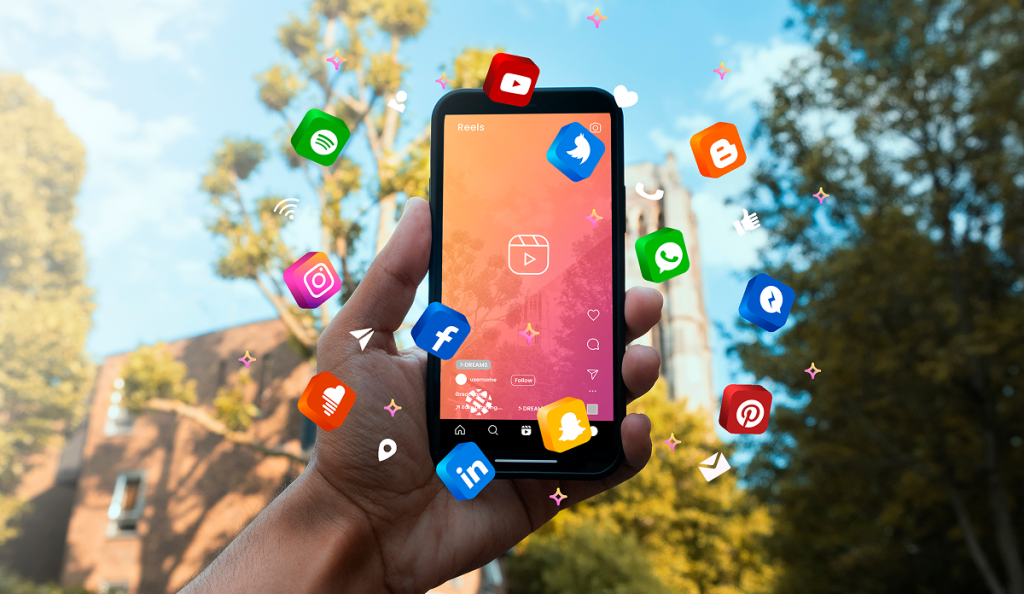
6. Discord – Not Just for Gamers Anymore
What started as a platform for gamers has turned into a massive network of uncensored chatrooms and private groups. Many servers are dedicated to mature or even explicit content, and it’s easy for strangers to message your child directly.
Why it’s not for kids:
- NSFW content hidden in channels
- Unmonitored voice chats
- Easy access to strangers
7. X (formerly Twitter) – Open Access to Adult Content
X (Twitter) is widely known for allowing explicit content — including full adult media — and it’s all easily accessible through simple search terms. Though originally meant for public conversation, it now includes uncensored media, violent content, and toxic discussions.
Why it’s not for kids:
- No content filtering by default
- Graphic violence and hate speech
- Easy access to pornographic content
8. TikTok – Viral Trends, Risky Behavior
TikTok is a favorite among teens, but it’s also filled with explicit challenges, suggestive content, and adult humor. Even with content filters, many inappropriate videos slip through, and the algorithm quickly adapts to risky engagement.
Why it’s not for kids:
- Addictive, endless scroll of unfiltered content
- Sexual content disguised as humor or dance
- Pressure to go viral leads to unsafe behavior
9. Threads by Instagram – Private Text Conversations with Strangers
Threads is a newer platform that feels like a mix between Instagram and X, offering a private space for text-based updates. It’s designed for users 13+ but lacks parental oversight and makes DM-based interactions very easy.
Why it’s not for kids:
- Hard-to-monitor direct messages
- Risky viral text threads
- Exposure to adult conversations and trending topics
10. Telegram – Secret Chats, Hidden Groups
Unlike most messaging apps, Telegram offers encrypted chats that can disappear and massive group communities that often share adult-only content. Kids can stumble into unsafe territory in just a few taps.
Why it’s not for kids:
- Disappearing messages
- Unfiltered adult group chats
- Links to explicit content and scams
Monitor their Screen time, App usage, Screen Scanner, Live location and more with KidsNanny.
What Makes These Apps Dangerous for Kids?
Many adult social media apps:
- Don’t have strong age verification
- Allow anonymous or private communication
- Promote sexual content, violence, or toxic trends
- Lack proper content filters for minors
Even if your child seems mature, these platforms can expose them to predators, cyberbullying, or emotional harm — often without your knowledge.
How KidsNanny Helps Parents Stay in Control
KidsNanny AI Powered Parental Control App gives you the power to:
- Block adult social media apps
- Get notified when new apps are installed
- Set screen time limits per app and by category
- Prevent inappropriate content from reaching your child
- Track usage in real time — without Spying
- Screen Scanner – Scan device every 5 minutes for harmful content
Whether you’re a tech-savvy parent or just starting out, KidsNanny gives you a simple, powerful dashboard to stay in charge of your child’s digital world.
Final Thoughts for Parents
Not every social media app is built for children. Some platforms are explicitly designed for adult users, and when kids get access to them, the consequences can be serious. From explicit content to emotional manipulation, the risks are real — and rising.
With KidsNanny, you can take the stress out of digital parenting and give your child a safer, healthier online experience.
